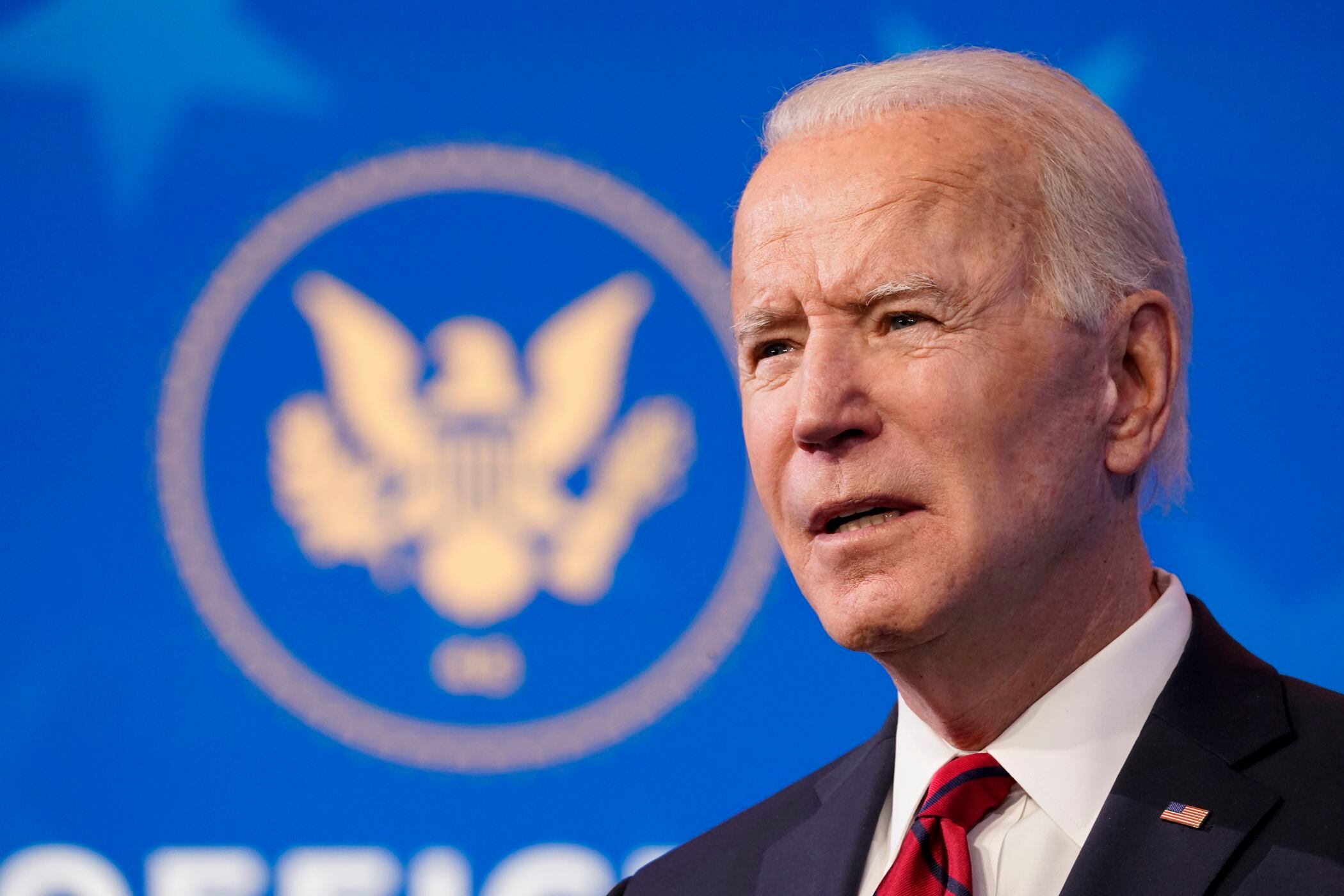By Will Weissert
President-elect Joe Biden has tapped Pennsylvania Health Secretary Rachel Levine to be his assistant secretary of health, leaving her poised to become the first openly transgender federal official to be confirmed by the U.S. Senate.
A pediatrician and former Pennsylvania physician general, Levine was appointed to her current post by Democratic Gov. Tom Wolf in 2017, making her one of the few transgender people serving in elected or appointed positions nationwide. She won past confirmation by the Republican-majority Pennsylvania Senate and has emerged as the public face of the state's response to the coronavirus pandemic.
“Dr. Rachel Levine will bring the steady leadership and essential expertise we need to get people through this pandemic — no matter their zip code, race, religion, sexual orientation, gender identity, or disability — and meet the public health needs of our country in this critical moment and beyond," Biden said in a statement. "She is a historic and deeply qualified choice to help lead our administration’s health efforts.”
A graduate of Harvard and of Tulane Medical School, Levine is president of the Association of State and Territorial Health Officials. She's written in the past on the opioid crisis, medical marijuana, adolescent medicine, eating disorders, and LGBTQ medicine.
Biden and his transition team have already begun negotiating with members of Congress, promoting speedy passage of the president-elect's $1.9 trillion plan to bring the coronavirus, which has killed nearly 400,000 people in the United States, under control. It seeks to enlist federal emergency personnel to run mass vaccination centers and provide 100 million immunization shots in his administration’s first 100 days while using government spending to stimulate the pandemic-hammered economy.
Biden also says that, in one of his first acts as president, he'll ask Americans to wear masks for 100 days to slow the virus' spread.
Vice President-elect Kamala Harris called Levine “a remarkable public servant with the knowledge and experience to help us contain this pandemic, and protect and improve the health and well-being of the American people.”
Levine joins Biden's Health and Human Services secretary nominee Xavier Becerra, a Latino politician who rose from humble beginnings to serve in Congress and as California’s attorney general.
Businessman Jeff Zients is Biden's coronavirus response coordinator, while Biden picked infectious-disease specialist Rochelle Walensky to run the Centers for Disease Control and Prevention, Vivek Murthy as surgeon general, and Yale epidemiologist Marcella Nunez-Smith to head a working group to ensure fair and equitable distribution of vaccines and treatments.
The government's top infectious disease expert, Dr. Anthony Fauci, will also work closely with the Biden administration.
A transition spokesperson also said Tuesday that Dawn O’Connell will serve as senior counselor for coronavirus response to the health and human services secretary. O'Connell most recently served as director of the Coalition for Epidemic Preparedness Innovations and was the senior counselor and deputy chief of staff to Health and Human Services Secretary Sylvia Burwell during the Obama administration.









